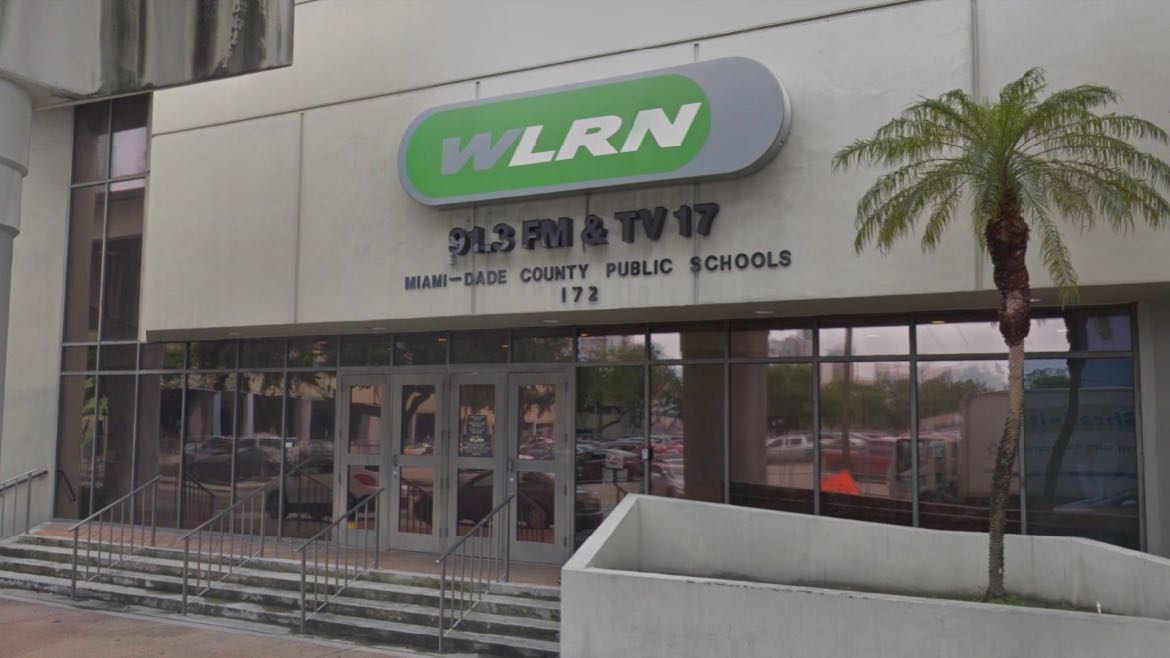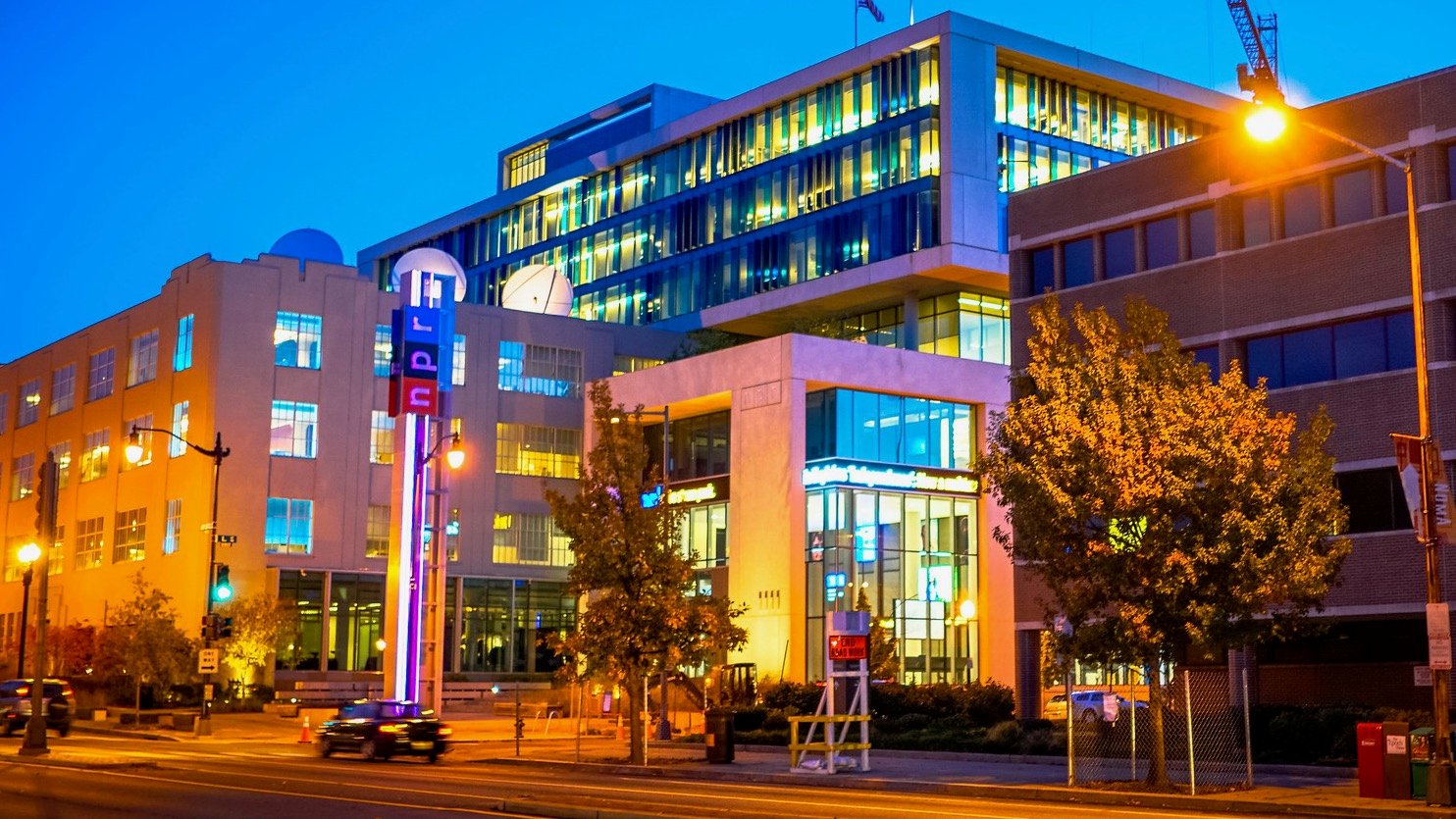Public radio music stations to meet for ‘first-of-its-kind’ summit
Leaders of public radio music stations will gather in Philadelphia next month for a summit that aims to highlight issues affecting their stations.
The noncomMUSIC Alliance, a group formed by stations and NPR last year to advocate for the interests of public radio music stations, is organizing the Public Radio Music Summit May 13 and 14. The event leads into the Non-Commvention May 14–17, which focuses on the Triple A format in public radio.
“We’ll really focus on the issues that make public radio music stations unique and distinctive and a series of topics that are, we think, important to public radio music stations of all formats,” said Mike Riksen, NPR’s VP for policy and representation and executive director of the alliance.
The alliance was founded to bring together public radio music stations and to help them advocate for changes in copyright law and music licensing that would allow public radio music stations to use music more freely across digital platforms.
“What we’d like to do is be able to help Congress and others understand the important role that public radio music stations play in listeners’ lives and in communities and understand that we need a different way of looking at copyright and licensing in order for music stations to be able to extend their missions into digital technologies and digital platforms,” said Brenda Barnes, CEO of KING-FM in Seattle and a member of the alliance’s advisory council.
Topics related to copyright reform and music licensing will be a major focus of the summit. Sessions will also include a congressional keynote speaker and discussion of streaming and how stations are contributing to their local music scenes.
“Very few people really realize that there is a network of public radio music stations across the country offering different formats, presenting music in a much different way, but all based upon the same values of preservation and discovery and curation and community,” Riksen said. “And that’s really what the noncomMUSIC Alliance is about, and that’s really why we’re unfolding this first of what we hope will be an annual summit.”
The Association of Music Personnel in Public Radio formerly held an annual conference for music stations. It held its last stand-alone conference in 2011, and the AMPPR conference merged into a track at the PRPD conference in 2012.
The AMPPR conference focused more on classical and “existed prior to Triple A stations growing to the extent that they have,” Barnes said. The system hasn’t held a conference like next month’s summit before, she said.
“National distributors, in general, don’t provide a lot of music content,” Barnes said. “If you look at the schedules of most music stations, you’ll see that the vast majority of programming is produced locally. There aren’t the same reasons for music stations, historically, to gather as there have been for news stations or NPR stations. So this is really a first-of-its-kind gathering of stations involved primarily in music.”
Riksen said he would like the summit to be annual but that in future years it won’t necessarily coincide with the Non-Commvention. It could be attached to the Public Radio Super Regional or the Public Radio Program Directors conference, “someplace where public radio station managers are already gathering, to lessen the travel agenda,” he said.
“We think there’s enough material there and there’s enough interest in the system to support an annual gathering like this,” he said.







